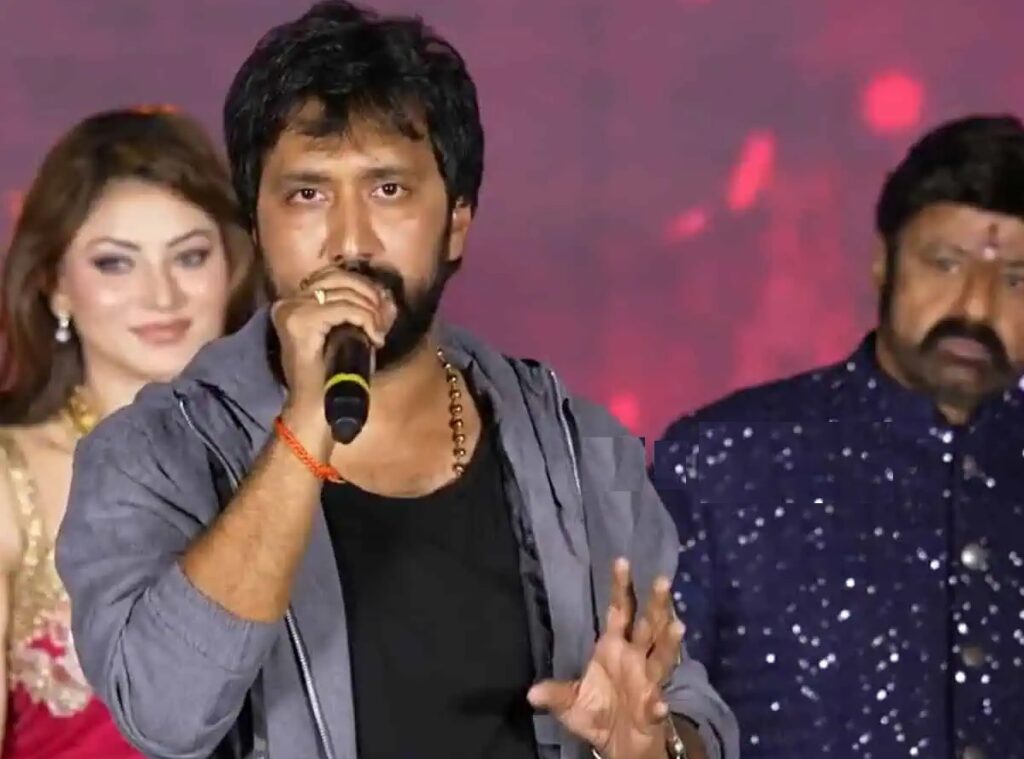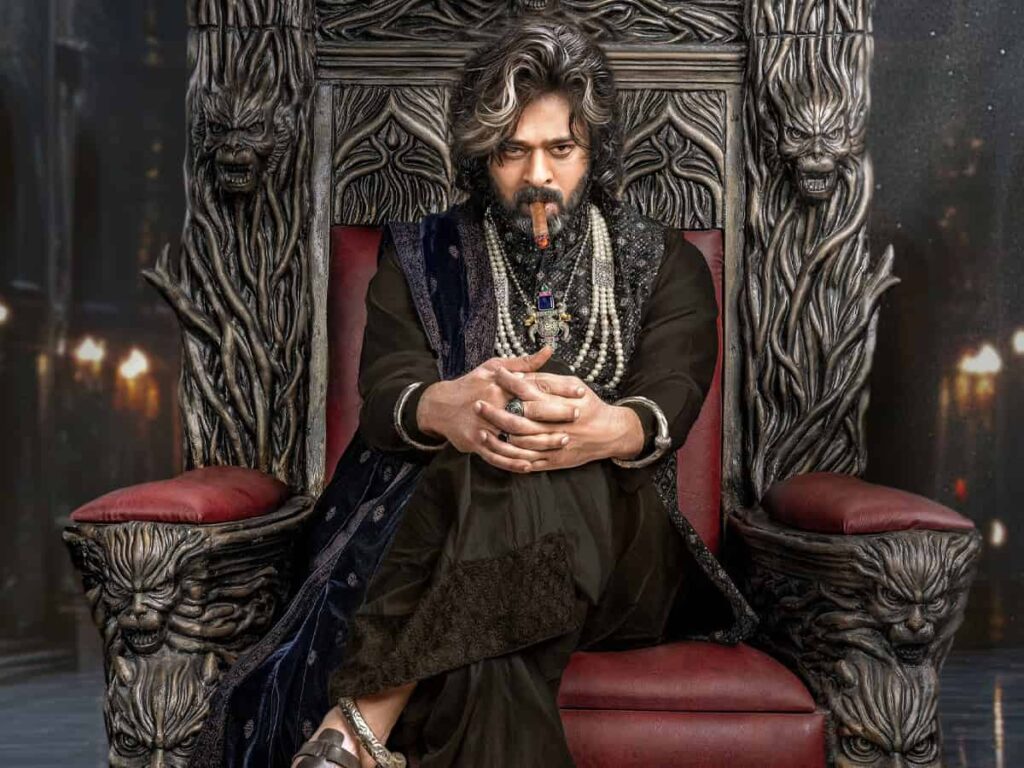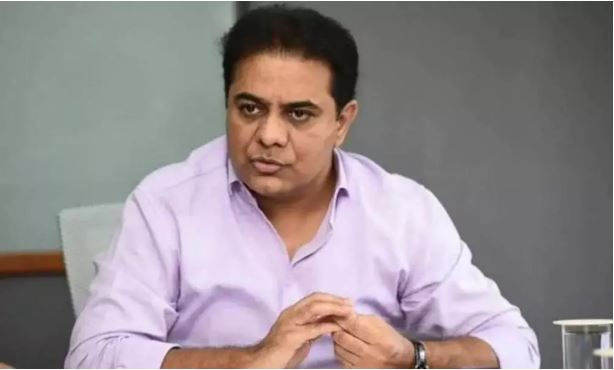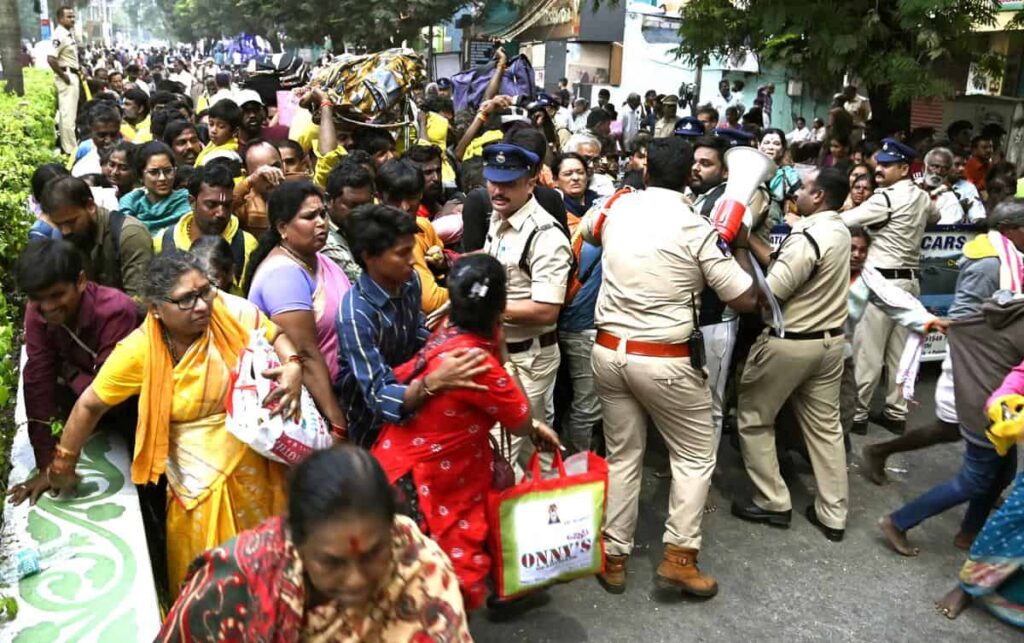 Amidst high drama until the midnight, the Lok Sabha has finally passed the crucial Citizenship Amendment Bill (CAB) 2019 last night. After over seven hour long debate, the bill has been passed with 311 members voted favouring it and 80 votes against it in the lower house.
Amidst high drama until the midnight, the Lok Sabha has finally passed the crucial Citizenship Amendment Bill (CAB) 2019 last night. After over seven hour long debate, the bill has been passed with 311 members voted favouring it and 80 votes against it in the lower house.
Opposition members have brought several amendments to the Bill. Even Shiv Sena MP had brought one amendment to the Bill. However, all those amendments proposed by the Opposition have been defeated either by voice vote or by a division.
“Delighted that the Lok Sabha has passed the Citizenship (Amendment) Bill, 2019 after a rich and extensive debate. I thank the various MPs and parties that supported the Bill. This Bill is in line with Indias centuries old ethos of assimilation and belief in humanitarian values,” PM Modi tweeted after the Bill is passed.
Amit Shah too took to Twitter to thank PM Modi and the others who supported this bill. He wrote, “I extend my gratitude to PM @narendramodi for making the historic Citizenship Amendment Bill a reality, that will allow India to open its doors to minorities from Pakistan, Bangladesh and Afghanistan who are facing religious persecution. I thank everyone who supported this bill.”
Meanwhile, the communists have opposed the bill. CPM’s Sitaram Yechury said, “We reject this bill of Jinnah and Savarkar’s dreams. It is unconstitutional, and divides our people. We will continue to fight against it in all possible forums.”
The opposition argues that the Bill violates Article 14 of the Indian Constitution — the Right to Equality. Congress MP Shashi Tharoor said the bill violates the basic idea of India that religion can never be a reason for citizenship.
What is Citizenship Amendment Bill (CAB) 2019?
The proposed legislation amends the Citizenship Act, 1955 to make Hindus, Sikhs, Buddhists, Christians and Parsis who got into India from Pakistan, Afghanistan, and Bangladesh are eligible for Indian citizenship. The bill seeks to address the historical wrongdoings of religious persecution on Non-Muslim refugees from the three states by providing them Indian citizenship. According to the bill, the non-Muslim refugees, who have come from Pakistan, Bangladesh and Afghanistan, till December 31, 2014 and facing religious persecution there, will not be treated as illegal immigrants and will be given Indian citizenship. What if an applicant doesn’t have proof of birth? In such a case they can apply for citizenship after six years of staying in the country.
Recent Random Post:















